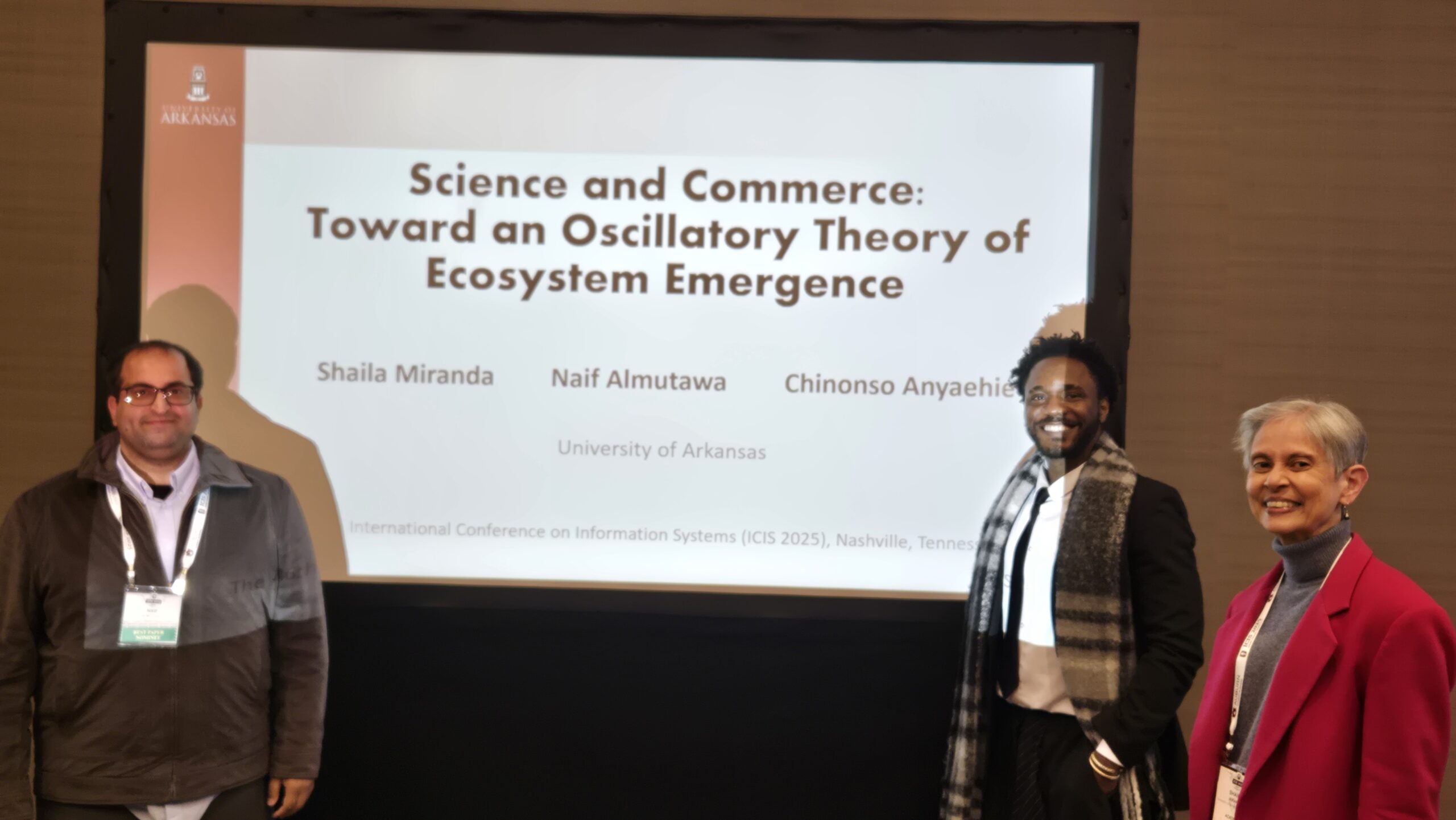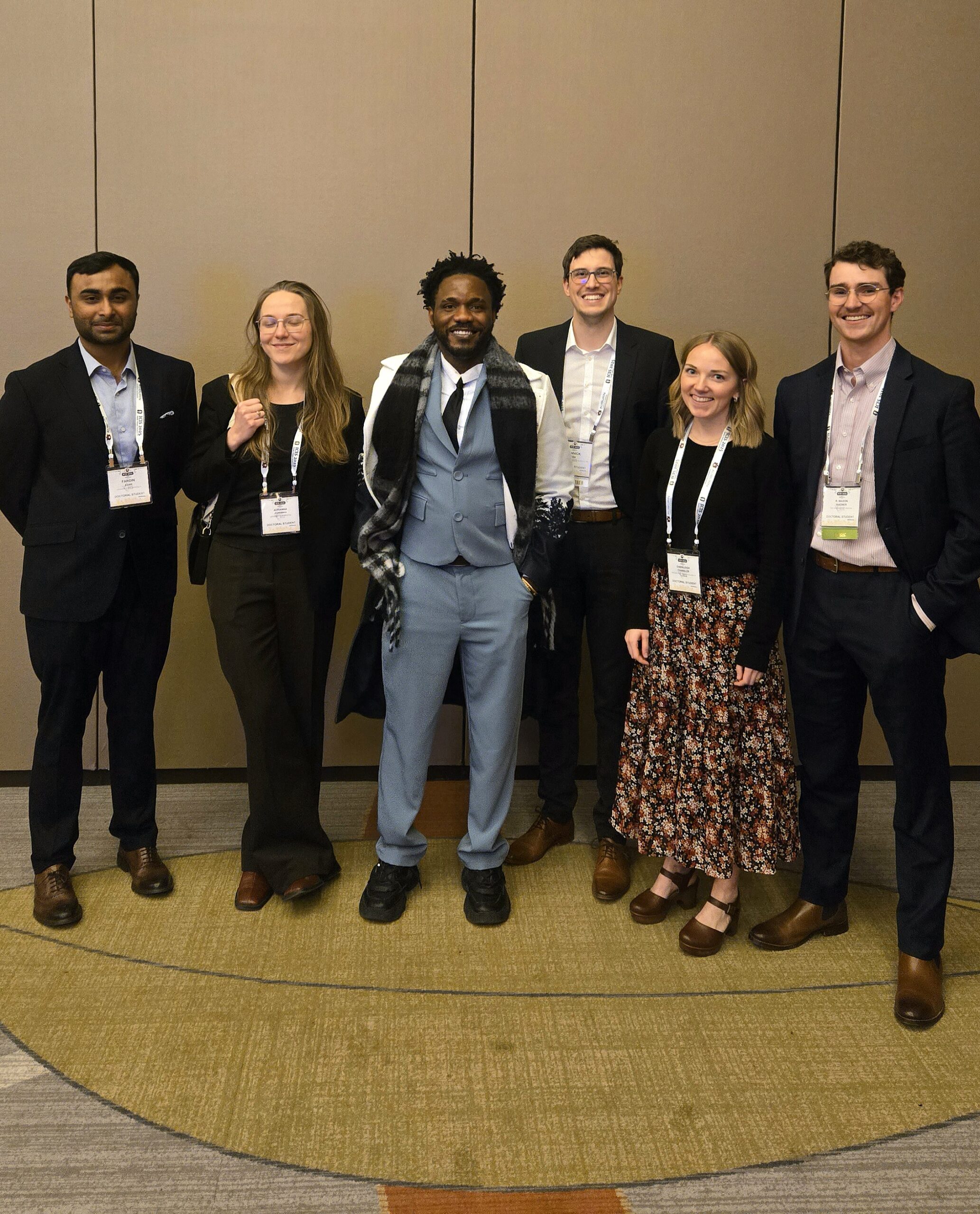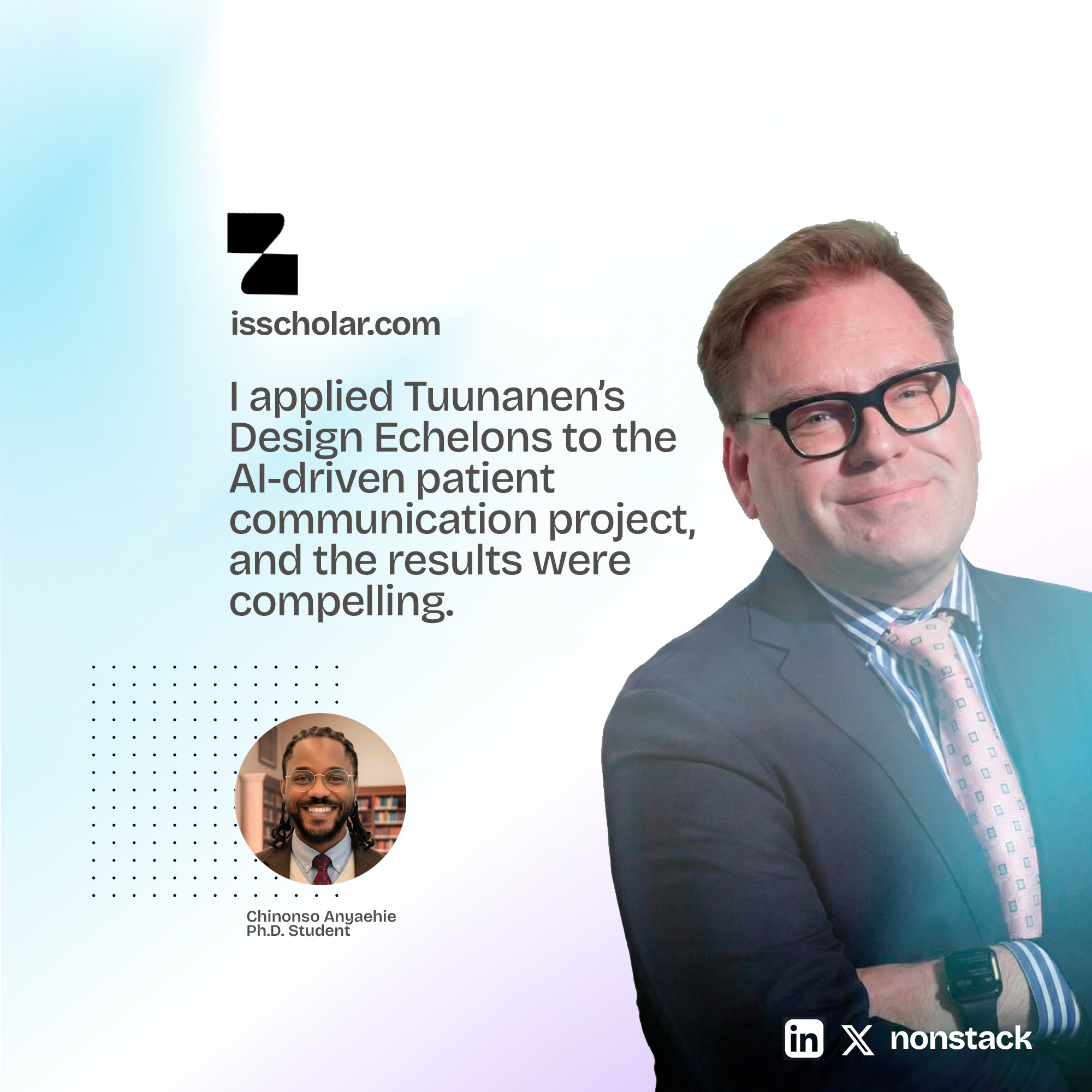In today’s professional landscape—whether in business, technology, or academia—personal branding is no longer optional. It is one of the most powerful career assets you can build. The surprising truth is this:
When a company, institution, or collaborator reaches out to you first because they already know your work, you immediately gain more negotiating power than any job application ever will.
This single shift—from chasing opportunities to attracting them—is what separates people who constantly face rejection from those who command respect, influence, and leverage.
Let’s unpack why.
1. When They Come to You, You Hold the Upper Hand
If a company reaches out because they saw your personal brand, followed your insights, or recognized your expertise, then a silent decision has already happened:
They believe you can add value.
That means:
- You did not compete against 1,000 applicants.
- You did not get filtered out by an algorithm.
- You did not need an internal referral to be noticed.
- You skipped the comparison pool entirely.
This dynamic instantly increases your negotiating power because:
- They already respect your expertise.
- They already perceive you as credible.
- They already see you as a fit before the conversation even starts.
Real-World Example
In the tech world, companies like Stripe, Google, and Shopify frequently recruit engineers and data scientists who post tutorials, demos, or research threads online. These individuals often get offers before even applying because the company has already evaluated their capabilities through their public work.
In academia, many scholars are invited to collaborate on grants, symposiums, or co-authored papers simply because colleagues discovered their blog posts, Substack publications, or research threads on X/LinkedIn.
2. A Personal Brand Proves Expertise Better Than Any Résumé
A résumé is static.
A personal brand is dynamic proof of your knowledge over time.
When you consistently share insights—whether through:
- LinkedIn posts
- YouTube explainers
- A professional blog
- Slide decks
- Tutorials
- Your academic website
- Long-form essays
- Podcasts
- Or public repositories like GitHub or OSF
—you build layers of credibility that no CV alone can capture.
Why This Matters
People trust what they can observe repeatedly, not what you summarize on a PDF.
A résumé says, “I know this.”
A personal brand shows, “Here’s my thinking, my skill, my process, and my impact.”
Over time, this builds what reputation theorists call accumulated social proof.
3. Personal Branding Builds an Expansive and Relevant Network
Sharing your thoughts publicly attracts:
- Potential collaborators
- Recruiters
- Industry leaders
- Professors
- Journal editors
- Conference organizers
- Fellow thinkers
- Alumni networks
- Project partners
This creates a living network—one that grows even when you’re not actively networking.
Academic Example
Many early-career researchers who regularly share their research process, reading summaries, or methodological insights often get:
- Invitations to reviewer boards
- Speaking opportunities
- Cross-institution collaborations
- Offers to co-author
- DMs from senior scholars
These outcomes rarely go to “invisible” scholars, no matter how brilliant they are.
4. The Harsh Reality: Brilliant People Still Get Rejected
You mentioned something important:
People who are extremely qualified apply for roles they fit in—and still get rejected, sometimes ghosted at the final stage.
This is a painful but common experience.
Why does it happen?
Four Reasons
- Hiring isn’t purely meritocratic.
Companies evaluate perceived value, culture fit, and risk — not just qualifications. - Many roles get filled through internal referrals or pre-identified candidates.
Applications are often a formality. - If they don’t know you, you’re just another CV.
- High-level roles often require a public reputation as part of the selection criteria.
In academia, for example, visibility is tied to legitimacy.
A personal brand helps you bypass the randomness of these outcomes.
5. Start Early—People Are Already Watching
The best time to build your brand was years ago.
The second-best time is now.
The illusion many people have is:
“No one is reading my posts.”
“No one is watching.”
“Does anyone even care?”
But silent audiences exist. People observe long before they engage:
- Hiring managers
- Senior scholars
- Conference chairs
- Corporate directors
- Potential collaborators
- Industry analysts
- Journal editors
- Professors evaluating talent
Your content is working for you even when you don’t see likes or comments.
6. If You Are in Academia, You Need This More Than Ever
Academia is built on visibility and intellectual influence.
If you want to:
- Collaborate
- Publish cross-institutionally
- Build a co-author network
- Be invited to symposiums
- Land postdoc or faculty roles
- Attract industry research partners
- Be known in your niche
then you must be visible.
Why?
Because research is a collaborative sport.
Your success depends on being seen by the right people—beyond your program, beyond your state, beyond your country.
Professors who know your public intellectual identity are more likely to:
- Cite your work
- Respond to your emails
- Agree to co-author
- Invite you into projects
In academia, your brand is part of your scholarly output.
7. The Best Personal Brand Strategy: Share as You Learn
You do not need to be an expert to start.
Share what you are:
- reading
- learning
- building
- thinking through
- struggling with
- analyzing
- experimenting on
- testing
- discovering
Consistency compounds.
A PhD student who shares a simple weekly “Research Insights” thread for 12 months will have:
- 52 proof-of-expertise artifacts
- A visible intellectual identity
- A global network of peers
- A digital trail of credibility
- An audience that grows with them
That is how opportunities come.
The Conclusion: Build Your Brand in Public—Your Career Depends on It
Whether in academia or industry, we’re entering a world where:
- Visibility creates opportunity
- Credibility is built in public
- Influence is reputation-driven
- Collaboration requires discoverability
- Negotiating power comes from being sought after
If you want career leverage, professional respect, and meaningful opportunities, then:
Start showing up. Share your expertise. Build your digital identity.
People are watching—even when you think they’re not.
And when opportunity finds you first, everything changes.










Leave a Reply